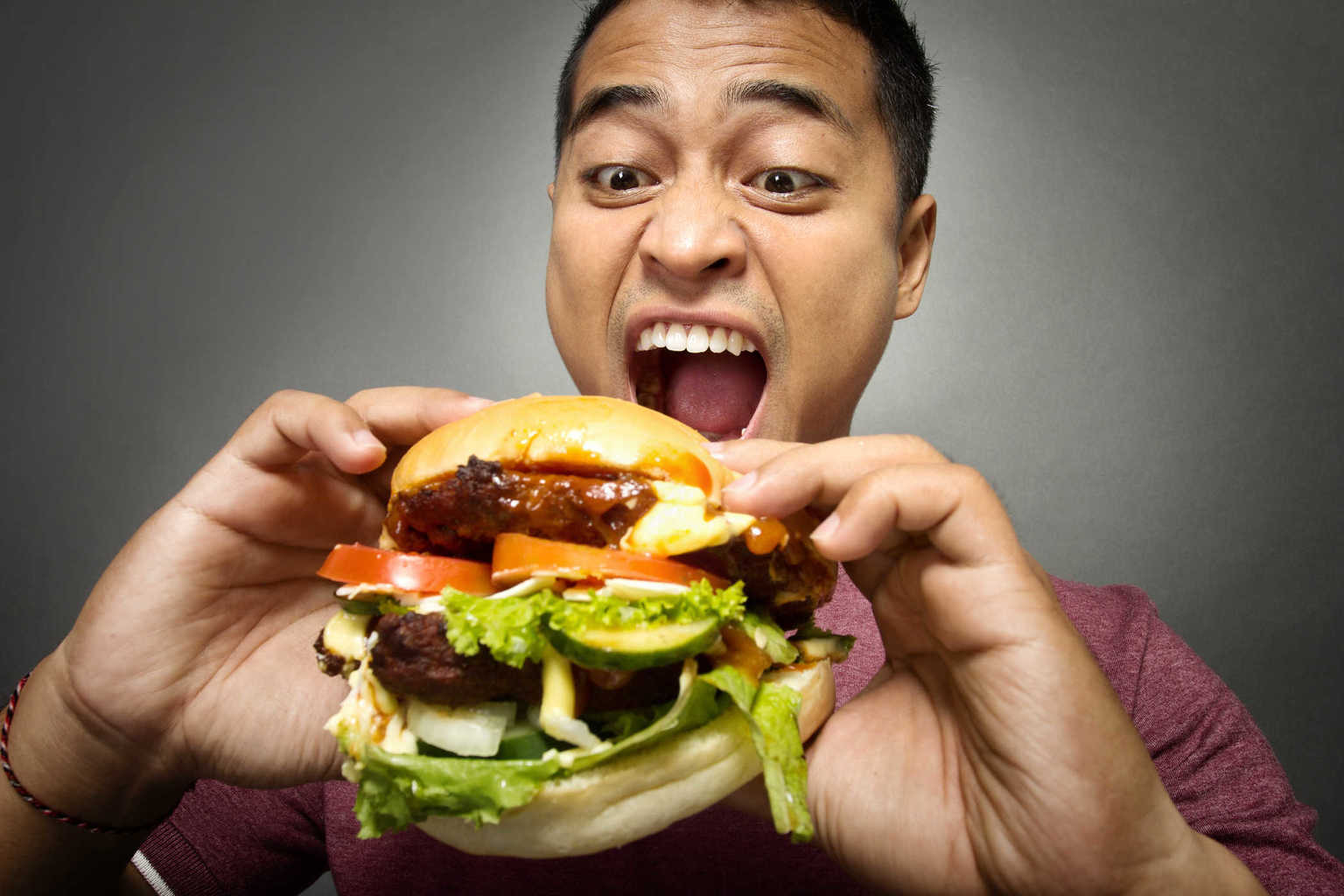Contents:
Medical Video: How Different Emotions Affect Your Health
Emotions can affect when we eat, what is eaten, and how much food is eaten. For example, you may have heard that there are some people eating to deal with stress. Others eat to keep themselves busy when they feel bored.
When you eat because you are emotional, it can hamper your weight loss efforts. Often, situations that trigger negative emotions make you eat even if you are not hungry. Find out if you are really physically hungry or just affected by emotions, in the following ways:
- Consider the following words: Fear, feeling lonely, angry, anxious, sad, upset, bored, fed up, depressed, disappointed, feeling fat, frustrated, feeling guilty, happy, resentful, hungry, insecure, lonely, jealous, stressed , sleepy, not sure.
- Mark every emotion that triggers your desire to eat.
- Add any emotions or situations that trigger you to eat other foods.
If you have just eaten and feel like eating again, do an emotional check quickly. Do you want to eat because you are hungry, or to fill emotional needs? Here are some tips for keeping your meal:
- Remember that emotions and situations trigger you to eat.
- Write a list of things to do to meet your emotional needs, for example, calling friends, taking a walk, drinking water or another zero-calorie drink, chat with friends, or do some yoga stretches.
- Remember that food will not leave you emotional (it will not improve).
- If you experience difficulties, seek help. Involve family members and friends to help support your weight loss efforts. Your support, therapy community, and members of your health care team can also help.
This Is When Emotions Affect Your Eating
Rated 5/5
based on 2580 reviews












